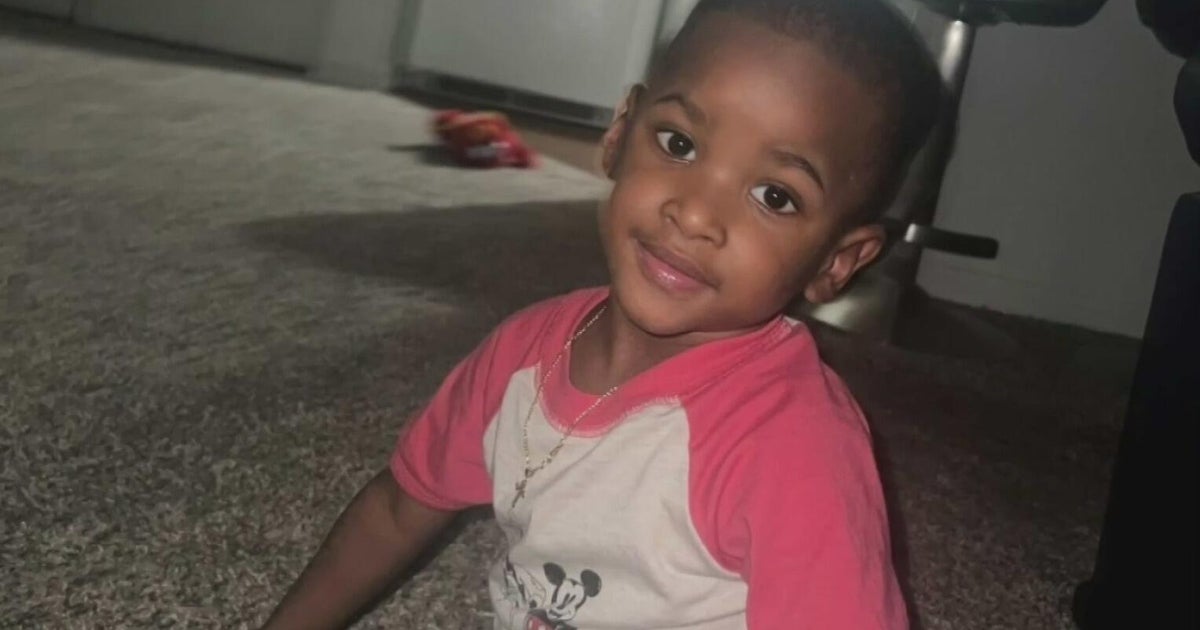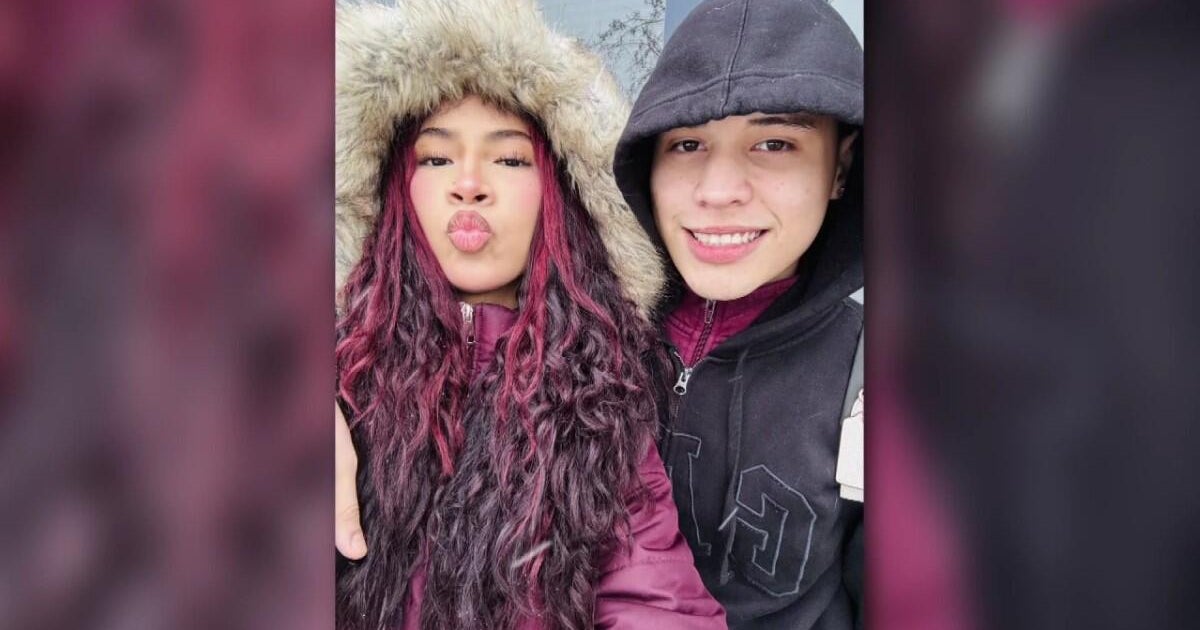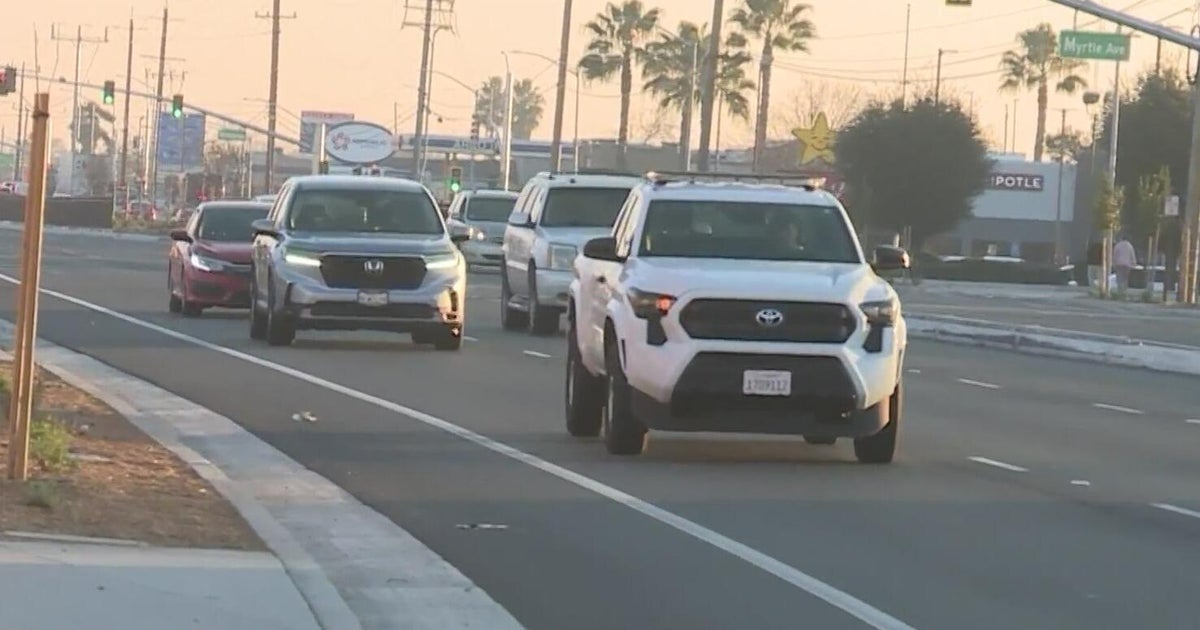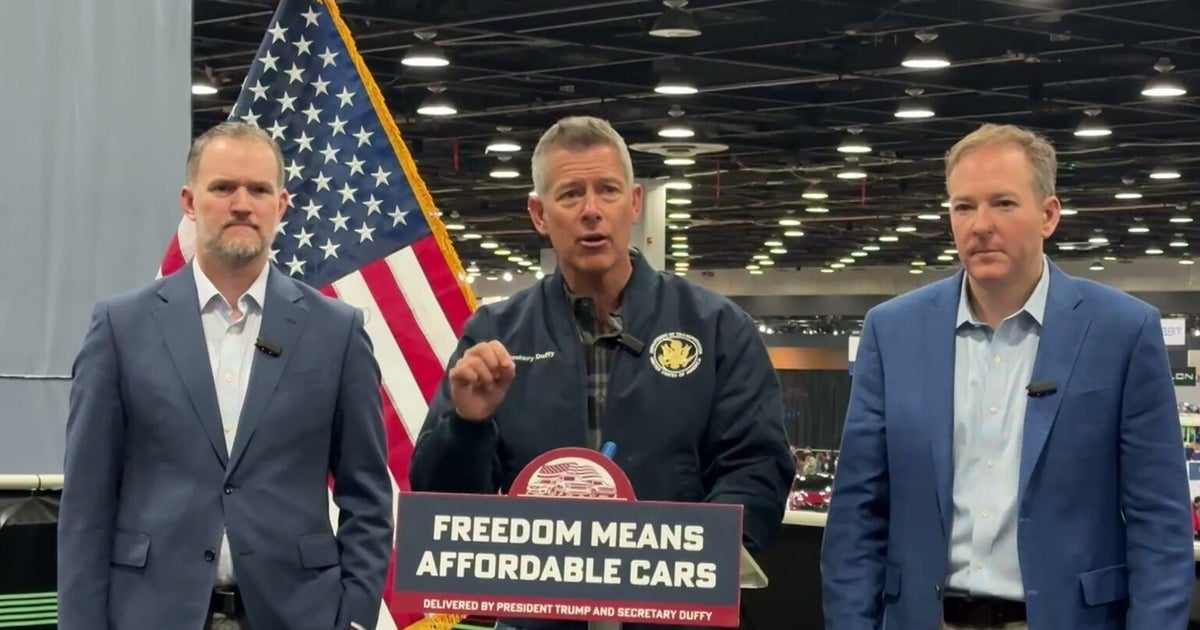North Texas mother's fight to bring sickle cell awareness
NORTH TEXAS - Like most teens, 15-year-old Robert loves pizza, hanging with his friends and family, and playing trumpet in the Waxahachie High School band.
"Being in band is AWESOME!" he explains, as a smile lights up his eyes. "You get to play, march and play cool music."
Of course, that's when he's not in the hospital with complications from sickle cell anemia. Like right now.
"It's like a really sharp pain," he explains when asked where it hurts. "Like, right here", as he gestures to his chest. "Right now my pain [is] like a seven right now. But I'm just trying to not expose it."
And the teenage boy who admits to loving to spend time with his younger sisters also aches to be just like his peers.
"Well, I can't run, so I'll faint if I try to run a long time," explains the high school freshman.
That actually happened. Since then, the pain from his sickle cell crisis was too severe to actually march with the band. But he was allowed to suit up and cheer them on. Robert, if allowed, is one to always push through. Much like his Mom, Jacklyn.
"It breaks my heart," she admits when we stepped out of his room at Children's Health Dallas to chat. "Like one night I was sitting next to Robert's bed, and I'm like, crying because I thought he was asleep. Then his little hand reaches up, and he's, like, rubbing my hand. He's like, 'it's okay, mom, don't cry'."
And she won't. At least not for long. Who has time for tears? Robert's younger sister, year-old Jordyn, is in the hospital room next door. The little girl who loves to dance is also managing a sickle cell pain crisis.
"She says 'okay, give me something. Make it go away,'" explains her how-is-she-still-standing Mom. "She's thinking the medicine is supposed to, like, make it go away. And I try to explain to her...it might help a little, but, it's not going to go away."
Sickle cell anemia is an inherited, chronic blood disease that, according to the Centers for Disease Control affects 1 out of every 365 African American births.
In sickle cell patients, red blood cells, normally doughnut-shaped, bend into unflexible crescent or 'sickle' shapes, causing them to pile up inside blood vessels. That prevents the normal delivery of oxygen throughout the body. Complications include bone deterioration, strokes, and organ failure. But before that happens, there are many tiny patients in so much pain.
So what could make it go away?
"You need a bone marrow donor," explains Jacklyn "Even though you can match with anybody. Your best match comes from someone of your own race."
But that presents another challenge. Roughly 93% of sickle cell patients are black or of African descent, according to the National Institutes of Health. But just 7 percent of those registered with the National Marrow Donor Program, now known as NMDP, are black.
"It's very important that we get minorities to sign up for the registry because the registry needs more diversity," explains Dr. Tiffany Simms-Waldrop, a pediatric hematologist/oncologist at Children's Health. She says a more diverse registry increases the chances that minority children like Robert can find a match. The donor procedure is done under sedation, and she says the biggest side effect is some discomfort afterward.
"Usually we can give them some oral pain medicines for a few days, and typically they're back to their normal activities within three days to even a week after donation," explains Dr. Simms-Waldrop. It's not a huge sacrifice, she explains, "when you're saving a life."
Meanwhile, Jacklyn is passionate about getting more people of color to sign up for the registry.
"I've been spreading the word because, yes, my son does need a bone marrow donor, but I have to look at [the fact that] there are thousands and thousands of other children in the same predicament, other parents that are in the same spot I'm in."
Jacklyn is on the registry, but she's not a match for her son.
Signing up for the registry is simple and easy. It just involves a swab of your cheek. Text CURE4ROBERT to 61474 and a free kit will be mailed to you.
"People always ask 'what do you need?'," shares Jacklyn. "I don't need anything. I just need to try to find a donor for my son. Hopefully, maybe in this process--people signing up-- even though you're not a match for my son, you could be a match for another child."
While he waits for a match, Robert says he is just grateful for the friends surrounding him with compassion, right now.
"I really thank you for being with me all throughout this journey of me having sickle cell and helping me ...when I like, fainted," he shares from his hospital bed. "And especially this one friend named Troy who carried me across the field. I really thank him for doing that because, yeah, he like ran across the field, and just grabbed me."
Yes, a friend caught him when he fell. Now he's just waiting for the stranger who can carry him into a future that's free of pain.







